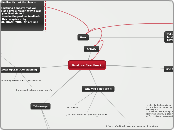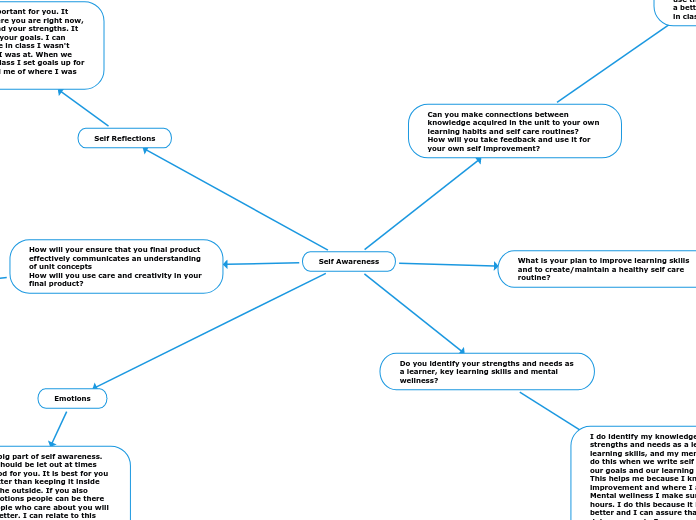by Erica Cave 13 years ago
406
Postive Feedback
In a structured setting, individuals are encouraged to give positive feedback to their peers by standing up, making direct eye contact, and addressing one another personally. This process is designed to highlight observed behaviors or characteristics that are commendable, explaining the reasons why they are appreciated.









